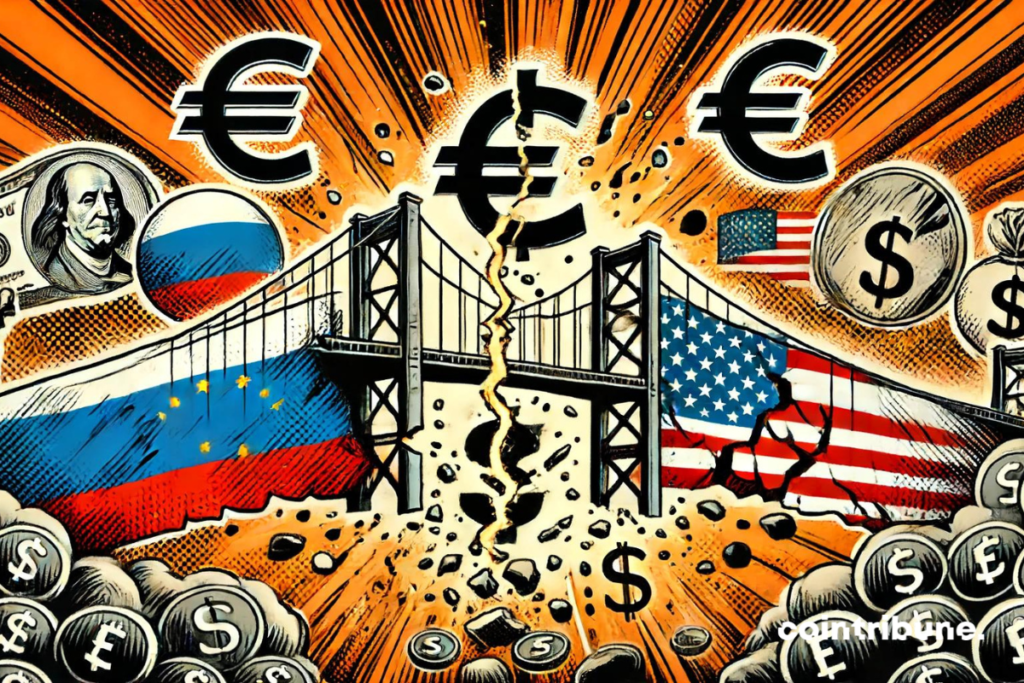The recent decision by the Moscow Stock Exchange to suspend transactions in major global currencies such as dollars and euros in response to American economic sanctions has garnered significant attention and raised questions about potential redefinitions in international trade and global financial relations. This move, taken in the wake of sanctions imposed by the U.S. Department of the Treasury on over 300 Russian entities targeting the country’s financial infrastructure, reflects a strategic response by Russia to safeguard its economy against external restrictions.
The suspension of dollar and euro transactions by the Moscow Stock Exchange is viewed as a proactive defensive measure to maintain financial stability amidst an increasingly uncertain and challenging international environment. This action underscores Russia’s commitment to securing its financial operations and safeguarding the integrity of its financial market during turbulent times.
The implications of these developments extend beyond Russia’s borders, particularly within the BRICS nations. Moscow’s decision is seen as part of a broader de-dollarization strategy aimed at reducing dependence on Western currencies, aligning with the sentiment among BRICS countries to assert greater financial independence. This move could pave the way for increased usage of local currencies in trade exchanges within the bloc, potentially diminishing the dominance of the dollar in global trade.
Analysts predict that this shift towards local currencies could disrupt global trade and financial flows, impacting both emerging and developed markets. Furthermore, it may prompt a reevaluation of economic and political alliances, especially at a time when the G7 nations are seeking to consolidate their positions amid challenges posed by emerging powers. The response of the international community to Russia’s strategy is likely to shape global economic dynamics in the years ahead.
In conclusion, the decision by the Moscow Stock Exchange to suspend dollar and euro transactions represents a significant development with far-reaching implications for international trade, financial relations, and geopolitical alliances. It underscores the evolving landscape of global economics and highlights the shifting dynamics of power and influence in the international arena.
